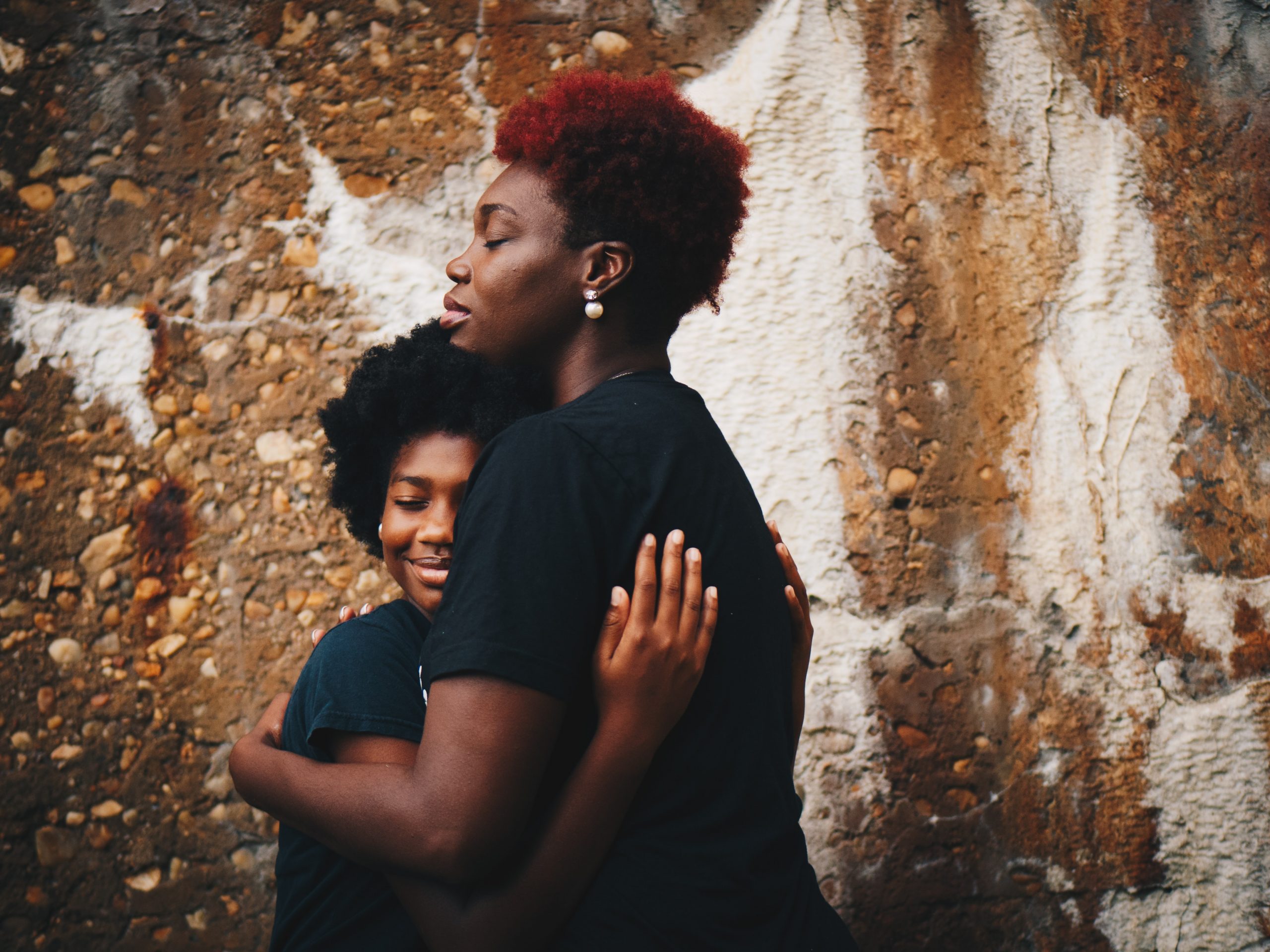
Every parent wants their kid to grow up confident.
We all want our kids to be convinced of their place in the world, bold in their approach to life, self-reliant and courageous when it comes to their perception of themselves.
But as parents, how do we develop this in our children?
Honestly, it’s easier said than done. After all, thanks to social media, kids today are growing up in a world where it’s easy to compare their real life with someone else’s highlight reel.
Which makes it all the more imperative to prioritize instilling confidence in the children in our lives.
As a dad to three teenage daughters, here are five things I’ve tried to pass on to my girls about confidence.
1. You were born to be real—not perfect.
Thanks to social media, it’s easier than ever for kids to think everything in their world has to be perfect. In fact, according to a 2020 New York Times article, research shows that perfectionism has increased among children and teenagers over the past few decades.
These studies show that by the time children reach adolescence, between 25 and 30 percent of them have “maladaptive perfectionism,” meaning they strive for unrealistic perfection to the point of causing pain.
Extreme perfectionism has been linked to performance and social anxiety, eating disorders, migraine headaches, obsessive-compulsive disorder, depression, and suicide.
But as adults, we need to remind our kids that life doesn’t have to be perfect to be wonderful. After all, while we may impress people with our strengths and achievements, we connect with people through our weaknesses and authenticity.
2. Confident people look for opportunities to help others.
Kids and students today are growing up in a photoshopped version of the world. They’re constantly told that in order to be successful they need to look a certain way, wear a certain brand, have a specific number of followers, or be friends with the right people. But Jesus—one of the most well-known, famous people ever to have lived—said that we should be known by our love for other people.
His point was that the defining moments in life don’t come when you make money or invest in wealth, but when you make friends and invest in people.
If we can teach the kids in our lives to focus on supporting, helping, and encouraging others, then their self-esteem and confidence will be built on the impact they can have in the world, rather than just the number of likes they can pull from a post.
And in the process, we can show them that when serving and encouraging others is beneath you, leadership and influence is beyond you.
3. Stop being afraid of what could go wrong, and start being positive about what could go right.
The fear of failure can limit our children socially, academically, and personally.
When a child is consistently motivated by a fear of failure, they start responding to challenges by giving up before they begin, or hating themselves when they don’t get something right the first time, resulting in anxiety and poor performance.
One way to combat this, and build confidence in the process, is to change our attitude towards failing. Remind your child that mistakes help us learn and that “fail” simply stands for “First Attempt In Learning.”
Celebrate mistakes with your kid. Teach them to see failure as an opportunity to learn something they otherwise wouldn’t.
4. Worry is worshiping your problem. Prayer is surrendering your problem.
There are few things in life that erode our confidence like worry. Worry causes us to second-guess ourselves and our abilities. That’s why the sooner we can teach our kids to surrender their anxiety and stress, the more confident they will be.
But let’s be honest—it’s almost impossible not to worry. While we may understand that worrying will never change the outcome, it’s still easy to get stressed about whatever situation we’re facing. So, we dwell on all the negative things that could happen, and become convinced of the worst possible outcome.
The truth is, worry does nothing but steal your confidence and keep you very busy doing nothing.
So let’s teach our kids that instead of trying to do everything themselves to get through their situation, they can let go, pray, and focus on what God is doing on the other side of their stressful circumstance.
5. You can’t grab hold of the future if you keep holding on to the past.
Our past has a way of sucking all the confidence right out of us, doesn’t it? And the older we get, the more true this becomes. Imagine the confidence we can instill in the kids in our lives when we can teach them to learn from the past, not regret it.
See, the truth is, that while we are products of our past, we don’t have to be prisoners of it. We should never let our past define our worth, crush our optimism, or dull our confidence.
Even though I try to remind my daughters of these five things as much as possible, I still fail—at teaching confidence and having confidence. Which is why it’s important to remember the foundational truths about confidence from the Bible:
We are God’s “workmanship” (Ephesians 2:10 ESV) and have been “wonderfully made” (Psalm 139:14 ESV) with “imperishable beauty” (1 Peter 3:4 ESV).
Our confidence—yours, mine, our kids’—must be rooted in what God thinks of us. He sees each of us as a distinct work of art and He is always with us, cheering us on to be confident in who He made us to be.
Understanding and accepting the truth of that is the source of ultimate confidence.
Looking for a way to point your kid down a path of discovering the confidence of knowing who God made them to be? Check out Press Play: A Kid’s Devotional to Build Confidence that Lasts at PressPlayBook.com





